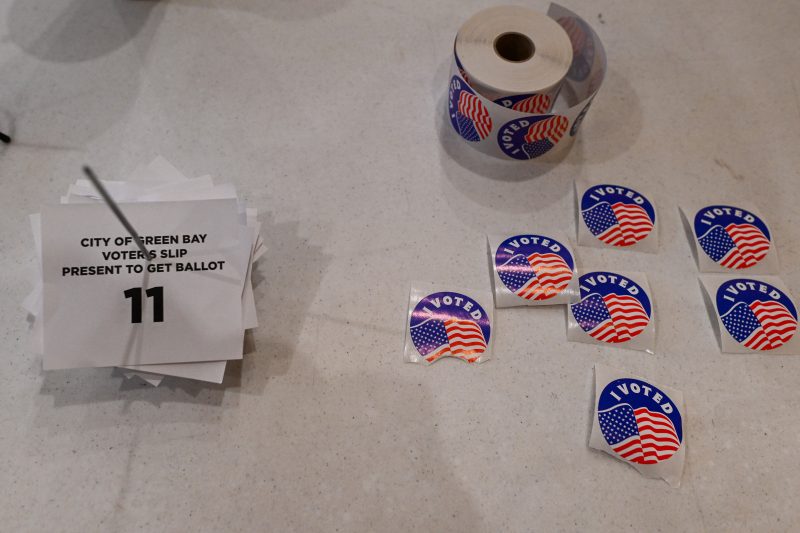
Breaking News: Wisconsin Joins Movement to Stop Private Funding of Elections!
Wisconsin Becomes Latest State to Ban Private Funding of Elections
In a significant move impacting the electoral landscape, the state of Wisconsin has recently joined the growing list of states that have banned private funding of elections. This decision comes amid a broader conversation in the United States about the influence of money in politics and the need for transparency and fairness in the electoral process.
The prohibition on private funding of elections represents a crucial step towards safeguarding the integrity of the democratic process. By eliminating the ability of private individuals or entities to contribute substantial sums of money to political campaigns, the new law aims to create a level playing field for all candidates and reduce the potential for undue influence on elected officials.
One of the key arguments in favor of banning private funding of elections is the belief that money should not determine the outcome of an election. When candidates are able to rely on large sums of money from private donors, there is a risk that their decisions and policy positions will be influenced by those donors rather than the best interests of the general public. By limiting the role of private funding in elections, Wisconsin is taking a stand against the perceived corruption that can arise when money plays too significant a role in politics.
Moreover, the ban on private funding of elections helps to promote transparency and accountability in the electoral process. When campaign contributions are limited to individual donors within certain limits, it becomes easier to track where candidates are receiving their financial support from and to identify any potential conflicts of interest. By ensuring that campaign finance is subject to greater scrutiny, Wisconsin is strengthening the public’s trust in the democratic system and helping to uphold the principles of fairness and equality in elections.
While the decision to ban private funding of elections has been met with support from advocates of campaign finance reform, it has also sparked debate among those who believe that restrictions on fundraising infringe upon free speech rights. Critics argue that limiting the ability of individuals and organizations to contribute to political campaigns could stifle political expression and prevent candidates from effectively communicating their message to voters.
Despite these concerns, the move to ban private funding of elections in Wisconsin reflects a broader trend towards increased regulation of campaign finance at the state level. As more states seek to address the influence of money in politics and enhance the integrity of the electoral process, it is likely that debates over the proper role of private funding in elections will continue to unfold across the country.
In conclusion, the decision by Wisconsin to ban private funding of elections marks a significant development in the ongoing effort to reform campaign finance laws and promote fairness and transparency in the electoral process. By taking this proactive step, Wisconsin is sending a powerful message about the importance of preserving the integrity of the democratic system and ensuring that elections are decided based on the will of the people rather than the size of campaign contributions.
